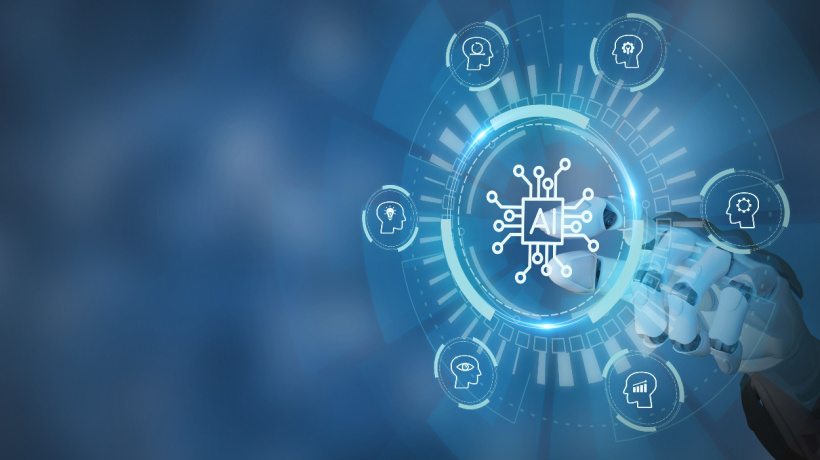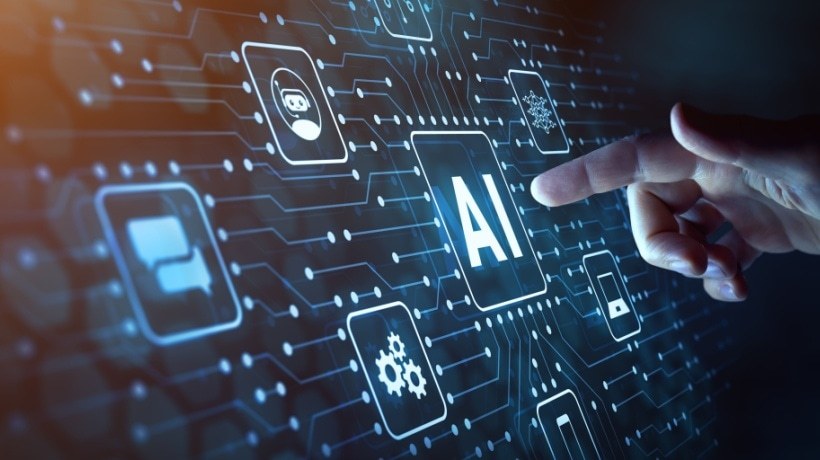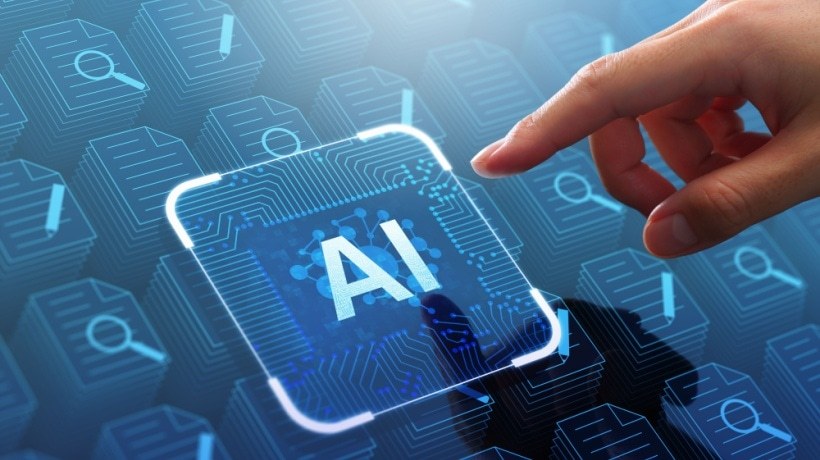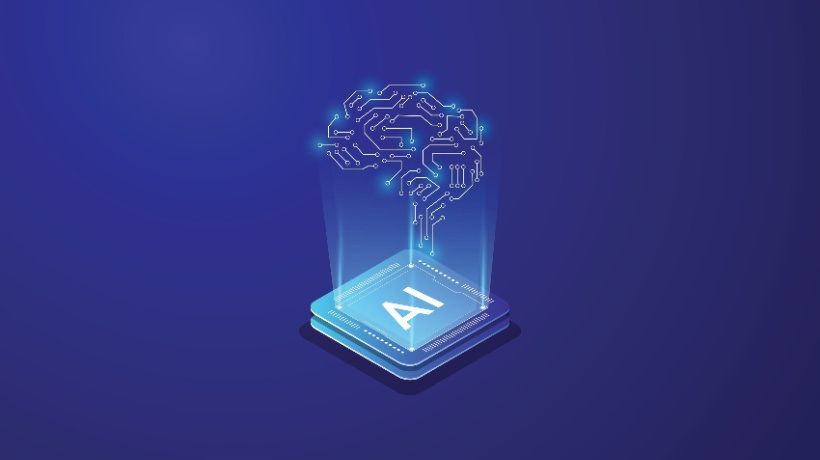On AI-Powered Adaptive Learning Systems In Online Education
The rapid advancement of Artificial Intelligence (AI) has ushered in a new era of innovation in various sectors, including education. AI-powered adaptive learning systems are among the most promising applications of AI in education. These systems can potentially revolutionize the educational landscape by personalizing learning experiences, enhancing student engagement, and improving academic achievement. This article explores the mechanisms, benefits, and future implications of AI-powered adaptive learning systems in online education.
Understanding AI-Powered Adaptive Learning Systems
AI-powered adaptive learning systems leverage advanced algorithms and data analytics to tailor educational content to students' individual needs. Unlike traditional one-size-fits-all approaches, these systems dynamically adjust the learning pathway based on continuous assessments of a student's performance, learning style, and preferences. This adaptability ensures that each student receives a customized learning experience that addresses their strengths and weaknesses.
Mechanisms Of Adaptive Learning
At the core of adaptive learning systems are sophisticated algorithms that process vast amounts of data. These algorithms analyze various metrics, including response accuracy, time taken to answer questions, patterns of mistakes, and engagement levels. Based on this data, the system adjusts the difficulty of tasks, recommends additional resources, and provides personalized feedback.
For example, if a student struggles with a mathematical concept, the adaptive learning system might present simpler problems to build foundational understanding before progressing to more complex tasks. Conversely, if students excel, the system can introduce more challenging content to keep them engaged and promote deeper learning.
Exploring The Benefits Of AI-Powered Adaptive Learning Systems
Enhancing Student Engagement
One of the most significant benefits of AI-powered adaptive learning systems is their ability to enhance student engagement. Engagement is a critical factor in successful learning outcomes, and traditional instructional methods often fail to maintain students' interest over time. Adaptive learning systems address this issue by providing interactive and personalized content that aligns with each student's interests and learning pace.
Interactive elements such as gamification, multimedia resources, and real-time feedback keep students motivated and invested in their learning journey. Additionally, the personalized nature of adaptive learning ensures that students are neither bored with content that is too easy nor overwhelmed by material that is too difficult. This balance fosters a more engaging and enjoyable learning experience.
Improving Academic Achievement
Research has shown that personalized learning can significantly improve academic achievement. AI-powered adaptive learning systems contribute to this by providing targeted instruction that addresses individual learning gaps. By continuously monitoring student performance and adjusting the learning path accordingly, these systems help ensure that students master foundational concepts before advancing.
Furthermore, adaptive learning systems can identify and address misconceptions in real time, preventing the accumulation of knowledge gaps that can hinder academic progress. These systems' immediate feedback allows students to learn from their mistakes and reinforces correct understanding, enhancing overall learning outcomes.
Practical Applications In Online Education
Integrating AI-powered adaptive learning systems in online education offers several practical advantages. In a traditional classroom setting, teachers may find it challenging to cater to the diverse needs of a large group of students. However, in an online environment, adaptive learning systems can provide individualized instruction at scale, making personalized education more accessible.
For instance, in online higher education, adaptive learning platforms can support students in self-paced courses by offering personalized study plans, practice exercises, and assessments. This personalized approach helps students stay on track and empowers them to take ownership of their learning. Additionally, adaptive learning systems can assist educators by providing insights into student performance, allowing for more informed instructional decisions and targeted interventions.
Challenges And Considerations
While the benefits of AI-powered adaptive learning systems are significant, there are challenges and considerations to address. One primary concern is data privacy and security. The effectiveness of adaptive learning systems relies on collecting and analyzing extensive student data. Ensuring that this data is protected and used ethically is paramount.
Another consideration is the need for high-quality content and Instructional Design. Adaptive learning systems are only as effective as the materials they deliver. Therefore, collaboration between AI developers, educators, and Instructional Designers is essential to create engaging and pedagogically sound content.
Additionally, ensuring equitable access to adaptive learning technologies is challenging. While these systems can potentially democratize education, technology access and digital literacy disparities can exacerbate educational inequalities. Policymakers and educational institutions must work together to bridge these gaps and ensure all students benefit from adaptive learning.
Future Implications
The future of AI-powered adaptive learning systems is promising. These systems will become more sophisticated as AI technology evolves, offering even greater personalization and engagement. Advances in Natural Language Processing, Machine Learning, and predictive analytics will enhance the ability of adaptive learning systems to understand and respond to student needs.
Moreover, integrating adaptive learning systems with other emerging technologies, such as Virtual Reality (VR) and Augmented Reality (AR), could further transform the educational experience. Imagine a learning environment where students can explore complex scientific concepts through immersive VR simulations or receive real-time feedback from AI tutors within an AR interface.
AI-powered adaptive learning systems represent a significant step forward in providing personalized, engaging, and effective education. By harnessing the power of AI, these systems can transform online education, improving student engagement and achievement while addressing the diverse needs of learners. As we navigate this technology's challenges and opportunities, we must prioritize ethical considerations, quality content, and equitable access to ensure that all students can benefit from this educational revolution.








